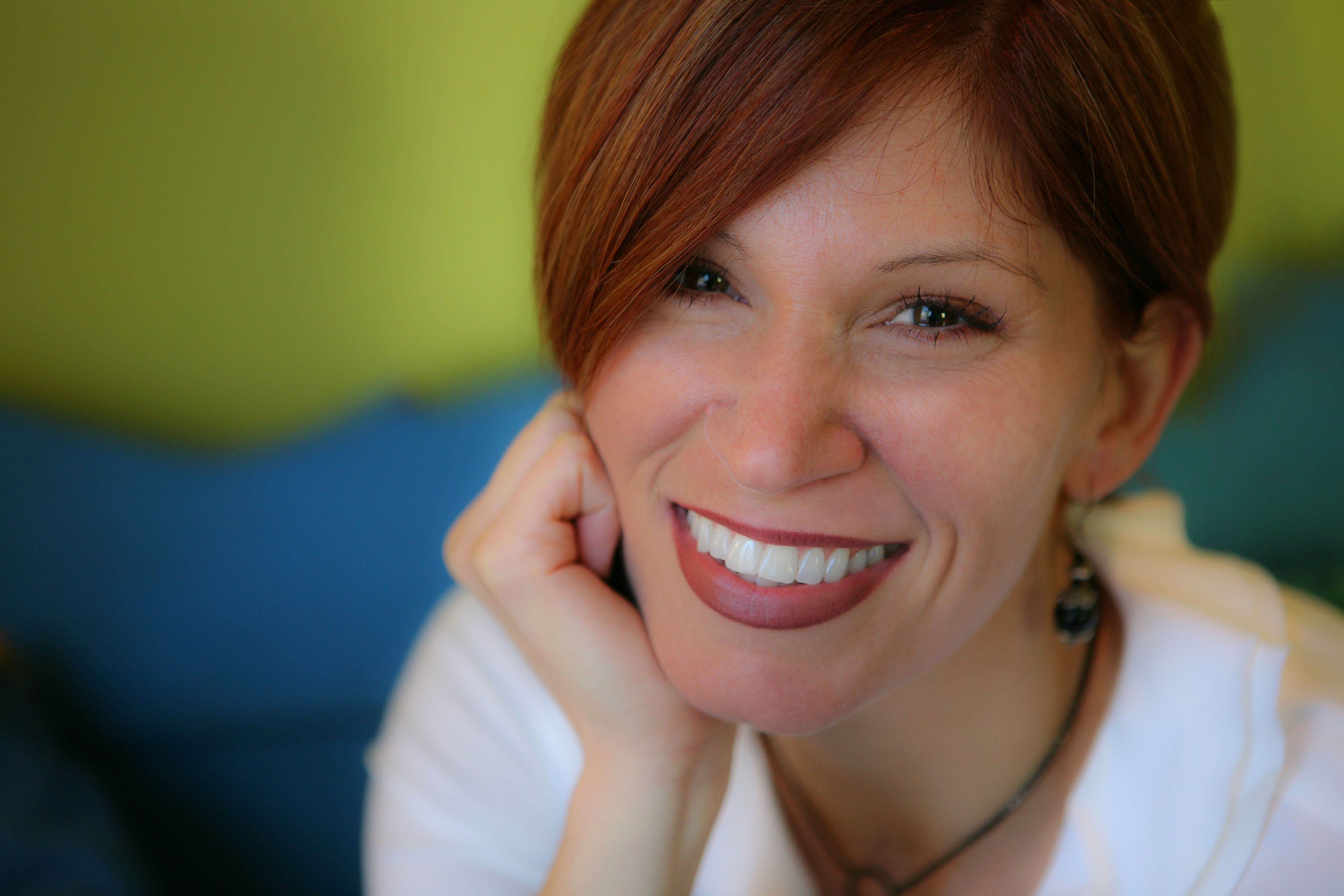Living life: Coach urges taking stock at midlife and checking back into the game | by

Existential angst can strike at any age. But mid-life changes, like health issues, retirement, divorce or an empty nest, often challenge a person’s sense of self and intensify the anxiety.

The imbalance manifests as guilt, shame, apathy, an inability to have fun, or most commonly, Vicari says, a lack of joy—the abiding internal state of well-being that is not influenced by external factors.
Two-part solution
Vicari’s approach tackles the concrete and abstract aspects of her clients’ imbalance. Practically, she helps people claim boundaries, set limits and delegate responsibilities, so they can refocus their time and energy on relationships, hobbies, exercise, nutrition and personal growth. But it’s also necessary to address the emotional reasons why they have attached so much of their identity to one role, Vicari says.
“A lot of what I do is help people look deeply at their sense of value and what means the most to them, so they can begin to recognize they’ve been buying into a story that isn’t working for them, that the person they are being is not who they want to be.”
Write it down

Vicari also suggests asking and answering specific questions, like: What roles do I value most? How much time do I spend doing what I value? What specific steps can I take to spend more time doing what I love? Often, what people value and how they spend their time is incongruous, but they are unaware until putting it on paper, she says.
Set intentions
Acknowledging there is a limited amount of time with family and friends, Vicari suggests remodeling how that time is spent. Instead of frantically checking tasks off a to-do list, barking orders or zoning out to television, set an intention to spend family time connecting in a meaningful way.
Mark Kirchdorfer, 40, a busy CEO, wanted to help his daughters develop confidence. He decided to integrate it into their breakfast routine, asking the girls to say one thing they like about themselves each morning. “At first, it was challenging for them to come up with something,” he says. “But now, they are thinking about what they are going to say the night before. So while they are going to sleep, they are thinking about what they like about themselves.”
Map it out
Many of Vicari’s clients have trouble envisioning the possibilities. They are dissatisfied with aspects of their lives, but unable to visualize them differently. “Every day, they are stepping into a life that contains so much of what they don’t want,” Vicari says. “A vision map allows them to see what they want and what it will look like, so they can move toward it.”
LeMastus, who is practical by nature, says vision mapping encourages her to be imaginative. “I’m not a big dreamer, and this gives me the permission to dream crazily,” she says.
Schedule life
For people who have trouble executing their vision, Vicari suggests creating a weekly schedule, something she has done religiously for years. Plan the week, scheduling time to eat, cook, exercise, socialize and be outside. “When you live with that kind of deliberation, what you want will actually happen,” she says.
Through her work with Vicari, LeMastus has learned to take guilt-free time for herself rather than letting people and projects dictate her schedule. Creating a plan and maintaining those boundaries has removed the emotional element. “There are no negative emotions involved. Now I have an appointment with you. Then I have an appointment with myself to do yoga,” she says matter-of factly.
Vicari says creating your ideal life is simple. Get engaged, plan it out and be contemplative about your actions and how you spend your time. Don’t just let life happen to you. “When we get out of the bleachers and step into the game that is our life and become aware, deliberate and intentional, amazing things start to happen.”
visit www.myidealife.com to learn more
Tags: Ideal Life
Leave a Comment
Please be respectful while leaving comments. All comments are subject to removal by the moderator.

